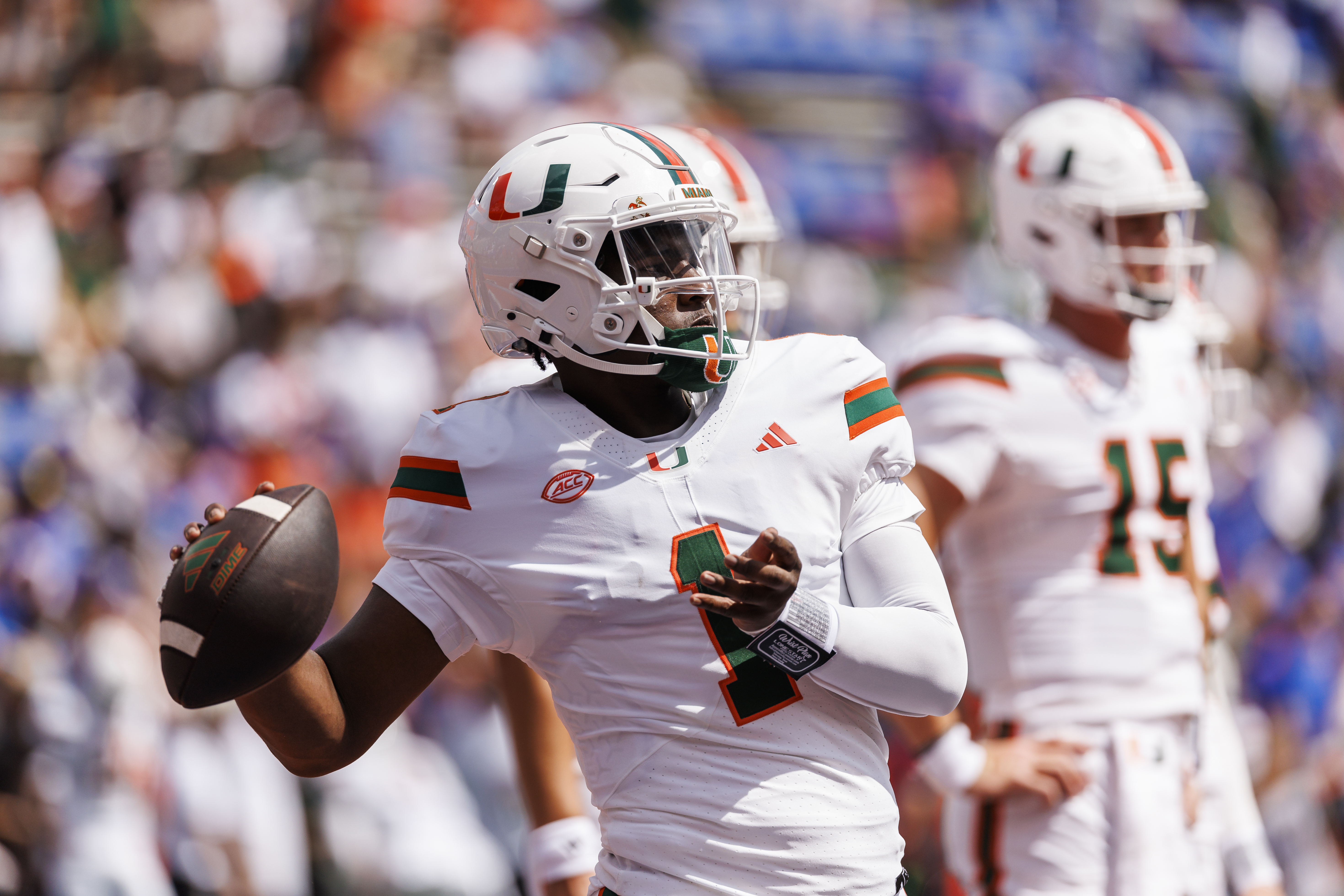Eye doctors are starting to see an eye-opening and alarming trend in checkups for children. Kids are coming in more and more often with myopia, or nearsightedness.
“It’s almost every single kid I see nowadays, they’re all complaining,” said Dr. Austin Bach, an ophthalmologist with Abita Eye Group in Hollywood and Doral.
Dr. Bach says pediatric patients come in with blurred vision, dry eyes or inflammation. He estimates the rate of nearsightedness among children is three times higher during the pandemic, compared to five years ago.
Part of the problem is kids spent a lot of time indoors over the last year, plus during the pandemic. Many parks families relied on for activities outdoors were closed or hours severely reduced. The time kids spent indoors was often spent on a device.
The Hurricane season is on. Our meteorologists are ready. Sign up for the NBC 6 Weather newsletter to get the latest forecast in your inbox.
Dr. Bach says parents need to drastically reduce screen time now.
“Pull the phones or the tablets away from the kids when they’re holding them up here in front of their face, because this is a never place, its all the way out here. Decrease it to one hour a day for the older kids, that would be great. I know it’s difficult, and send them outside,” said Dr. Bach.
That’s what some moms try to do on a daily basis.
Local
“I put their shoes on and clothes on and out of the house, parks, swimming lessons,” said Alexandra Costea, a mother of three from Davie.
At a recent checkup, Bianca Strimbu’s son got the all clear.
“For my older son and middle son they checked the eyes and everything is fine, thank God,” said Strimbu, who lives in Hollywood with her husband and three sons.
She says in a pinch she’ll let her kids watch TV, but they’re never on a device. Dr. Bach says he’d prefer TV screen time over phone or tablet time because kids sit much farther from the TV. Although nothing beats the outdoors.
“TV is better as long as they’re wearing glasses if they need them, and they can sit as far back as possible. That won’t damage their eyes in terms of myopia, I’d rather that than something held up close to their eyes,” said Dr. Bach.
Dr. Bach says myopia can lead to an increased risk of problems in the back of the eye later in life, such as retinal detachment, glaucoma or cataracts. There are treatments for myopia, like contact lenses or glasses, but he says you can’t heal the damage already done.
“Right now there’s no way to reverse it, our goal is to slow it down or stop it,” said Dr Bach.



